
views

Brainstorm. Think of a story that will have an impact on the audience. For example, a story that may change the way that people think about a certain subject. The story could contain twists and turns and unexpected endings. Build up on that creative story. Start by thinking about what happened to you yesterday or what will happen in the future. Any subject will do. You can draw inspiration from art and music when you are putting a story together. Many writers listen to music and get inspiration for their writing. Nature is an amazing source of inspiration. You can walk outside and appreciate it. If you can travel, go to someplace you have never been before.
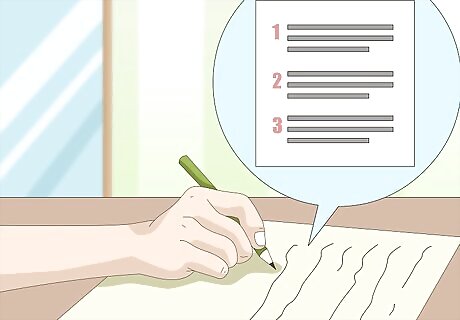
Think about your plot. Arrange the series of events in the order that you like most. Which one will happen first? What will the ending be? Know that your story need not start from something conventional, like brushing your teeth or going to work. You could start from something very sudden and tragic, such as somebody slapped you in the face or something. Write down all ideas of what will happen on a piece of paper.
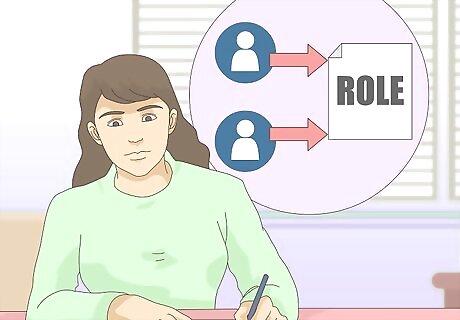
Assign roles. Think of the fates of your characters (in relation to the story, of course). Will they suffer from a terrible disease? Or will they live a normal life after a tragic incident? Pen down all the characteristics of the characters on that sheet of paper. Remember, you have power over the characters because they are created by you, not others. And also, there are no general rules for creating a good character.
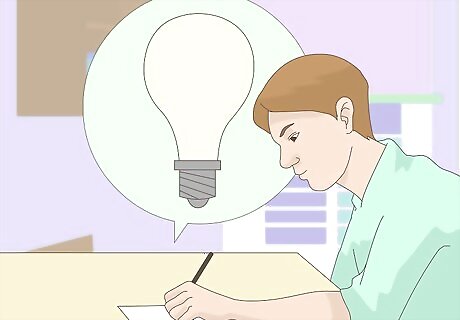
Start getting your first words down on paper. Write a rough draft of your story, putting your ideas together. Never mind about minor mistakes like punctuation or grammar. Focus on your plot instead.
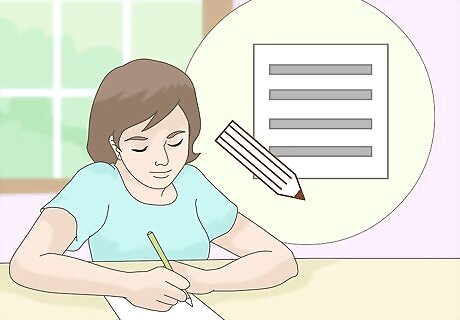
Run through and edit. During run through just underline all minor mistakes so that you will not overlook it later. Also take note and edit of the parts that you don't like or feel not worthy or just plain confusing. After checking, start on the real thing.

Place the finishing touches on your story. Make sure everything is in a logical order, your characters are believable and help the story, and that everything sounds good.
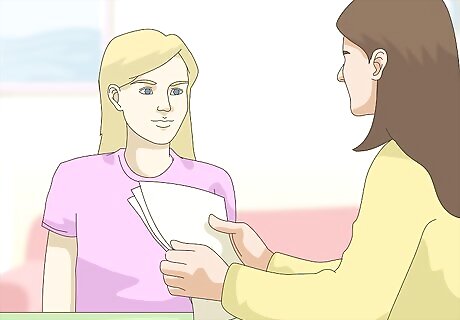
Share it. Bring it to your family or friends to read and ask what they think about it. Make any changes that they suggest. When you're ready, you can write a final draft with these suggestions in mind.















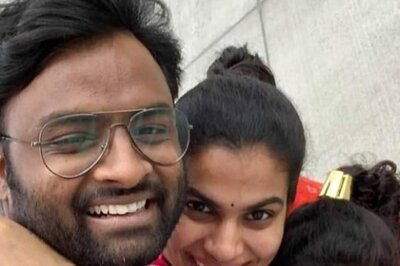



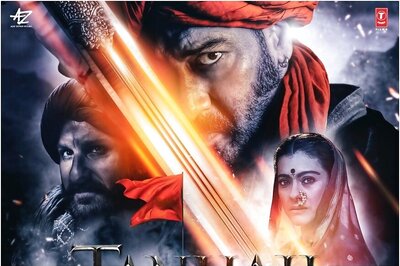
Comments
0 comment